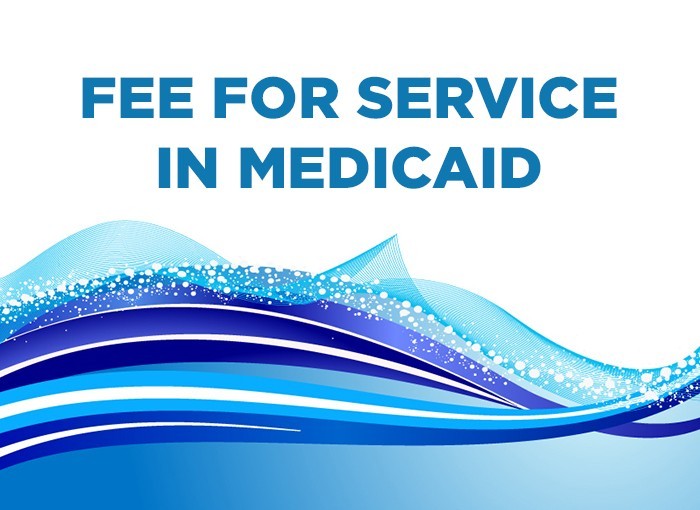Fee For Service In Medicaid: Everything You Need To Know
Medicaid is a popular public health insurance program to help low-income families or individuals with medical costs including doctor visits, hospital stays, and other medical treatment costs. The Fee for service, also known as FFS, is a prevalent payment method for healthcare providers in the US. As Medicaid is a joint federal and state program, states may offer Medicaid benefits on a Fee-for-service basis known as Medicaid FFS programs. In simple words, Medicaid FFS programs are the traditional healthcare programs to provide health coverage to families or individuals with low income.
Understanding Medicaid FFS in detail
For the covered services received by Medicaid beneficiaries, states pay to the healthcare providers directly under the FFS payment model. States create certain payment methodologies and pay to the participating doctors, clinics, physicians, and other healthcare providers for each service they provide.
Medicaid Fee-for-service programs are generally used to provide medical coverage to high needs survey populations such as individuals in remote areas where the healthcare network is limited or to treat people with chronic diseases.
As FFS is a volume-based payment system, it generates more revenue for healthcare providers regardless of the quality of patient care. This has led a shift to the Medicaid managed care programs, another Medicaid delivery model, which has not just contributed to improved health care performance and health care quality but yielding cost savings too.
Medicaid FFS in comparison to Medicaid Managed Care
The contrast between the two Medicaid delivery models has triggered a comparison in the recent past. As per the Health Care Authority (HCA), the managed care plans are proving to be more efficient in terms of management of services, negotiation of prices with healthcare providers, and integration of financing, insurance, delivery, and payment. The managed care plans are scoring over FFS programs on various other parameters including –
- Patient care management
- Primary care access
- Population health management
- Performance standards
- Utilization management
- Appeal process
- Health screenings & assessments
Responsibilities of Medicaid Fee-for-service (FFS) members
- It’s vital for all the members to know all about their medical coverage. It will allow them to know the exact medical costs they are liable to pay and whether they are eligible for a certain treatment or not.
- Members are advised to take an appointment with their provider before every visit. It’s important to communicate with the provider in case of any rescheduling or cancellation of an appointment.
- It’s recommended that members take only the medical services which are truly necessary to their health to keep medical costs at bay.
- Members are suggested to let their healthcare provider know if someone else is legally liable to pay their medical bills.
- Depending on the state, there may be some limits to the Medicaid FFS program like no coverage for cosmetic and plastic surgery, limited coverage for organ and tissue transplants, etc. Members are advised to speak with their healthcare provider to know about these limitations before starting the required treatment.
- Every state is likely to have a toll-free helpline number for the members. Get in touch in case of any emergency or to get the necessary information.
Medicaid FFS Programs and Provider payment
Some of the popular Medicaid Fee-for-service programs are listed below through which the beneficiaries are served. Each program has its own set of eligibility and limitations.
- Health Insurance Premium Payment Plan (HIPP)
- Medicare Savings Program (MSP) that includes Qualified Medicaid Beneficiary (QMB) and Specified Low-Income Medicare Beneficiary (SLMB)
- Emergency Medical Services
- Family Planning Program (FPP)
The provider payment, in most Medicaid FFS cases, is triggered by the submission of a claim by a provider. It indicates that a service has been provided. The payment rates and the process of payment may vary from state to state. Apart from claim submission, the health care providers receive Medicaid FFS payments through several other mechanisms including Supplemental payments, the use of CPEs (certified public expenditures) by public providers, and payments for Medicaid managed care members.



